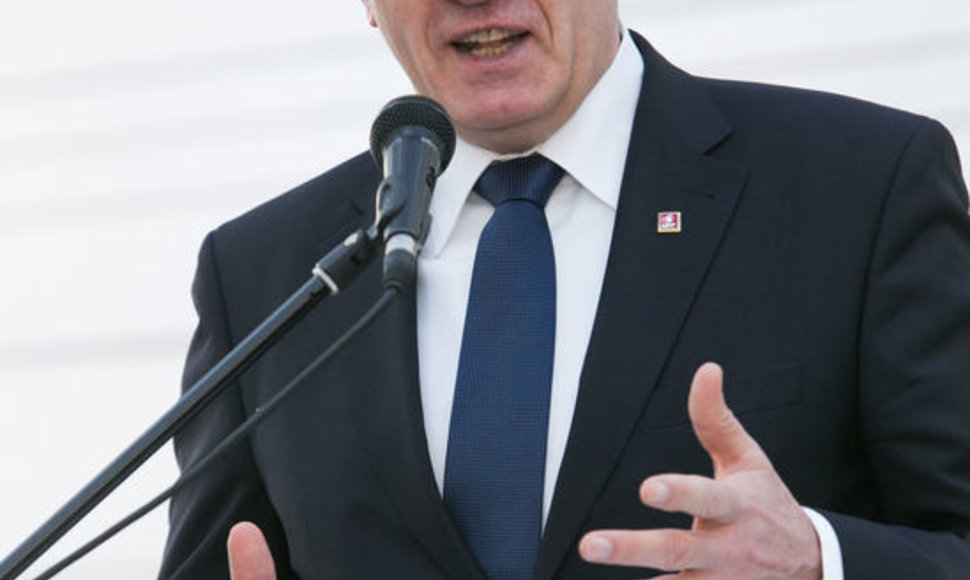"Our position is that Poland should solve the matters. But we also agreed on Friday that if partial financing is needed on the Lithuanian side, we may earmark it. However, the partial financing does not settle the problems in the long run. There should be a bilateral agreement on what we should do next so that we do not have to go back to the issue every year," Butkevičius told journalists on Monday.
Last Friday, the prime minister said that the Lithuanian government would consider earmarking 350,000-400,000 litas (EUR 101,450-115,950) from the state budget in order to prevent closure of three Lithuanian-language schools in Punsk.
Asked whether the money may be held back, Butkevičius said on Monday: "No, we're willing to proceed with this but we want the issue to be finished once and for all. We're ready for this, therefore, the meeting is needed."
In Butkevičius' words, a meeting with Punsk district elder Vytautas Liskauskas is scheduled for the first week of March. Butkevičius said he could call his Polish counterpart, Donald Tusk, after the meeting.
"It is possible to call the (Polish) prime minister, if I think it necessary after the conversation with the Pusk elder; we agreed during my last visit to call each other in case of any questions," said the prime minister.
Last week, Poland's Lithuanian community publicly called upon Lithuanian leaders with a request to mediate in the dialogue with the Polish administration to prevent closure of primary schools in Navinykai, Pristavonys, and Vidugiriai.
In response to the call, President Dalia Grybauskaitė and the prime minister said that Lithuania would search for ways of helping the Lithuanian community in Poland but said they expected Poland to provide more support to Lithuanian-language education.
In late 2011, the government of Lithuania allocated 350,000 litas from the Privatization Fund to Lithuanian schools in Punsk.
With the three small schools closed, Lithuanian-language education in Poland would only be provided in Darius and Girėnas School in Punsk, March 11 Lyceum in Punsk, and Žiburys School in Sejny.
According to the Lithuanian community, Poland's Education Ministry 18 months ago recognized the problem of the Lithuanian-language schools and pledged to increase the funding by 80 percent but later revised its decision and trimmed the increase to 20 percent.
At least 10 Polish-language schools with enrollment of under 50 students operate in Lithuania. For example, merely six students attend a primary school in Tabariškiai, Šalčininkai district, and 17 attend Dailidės primary school.












